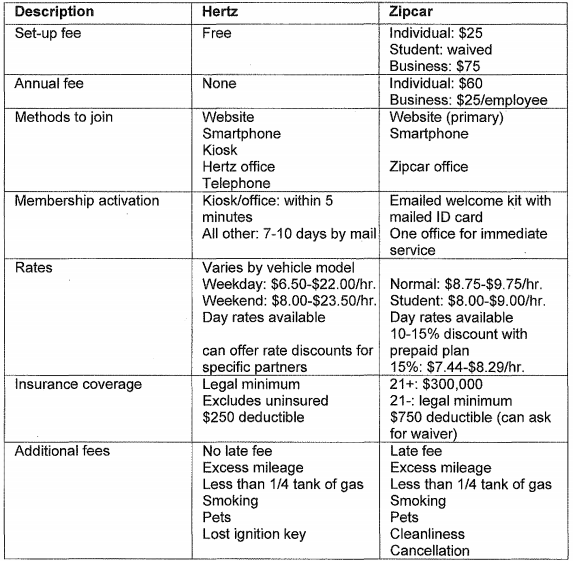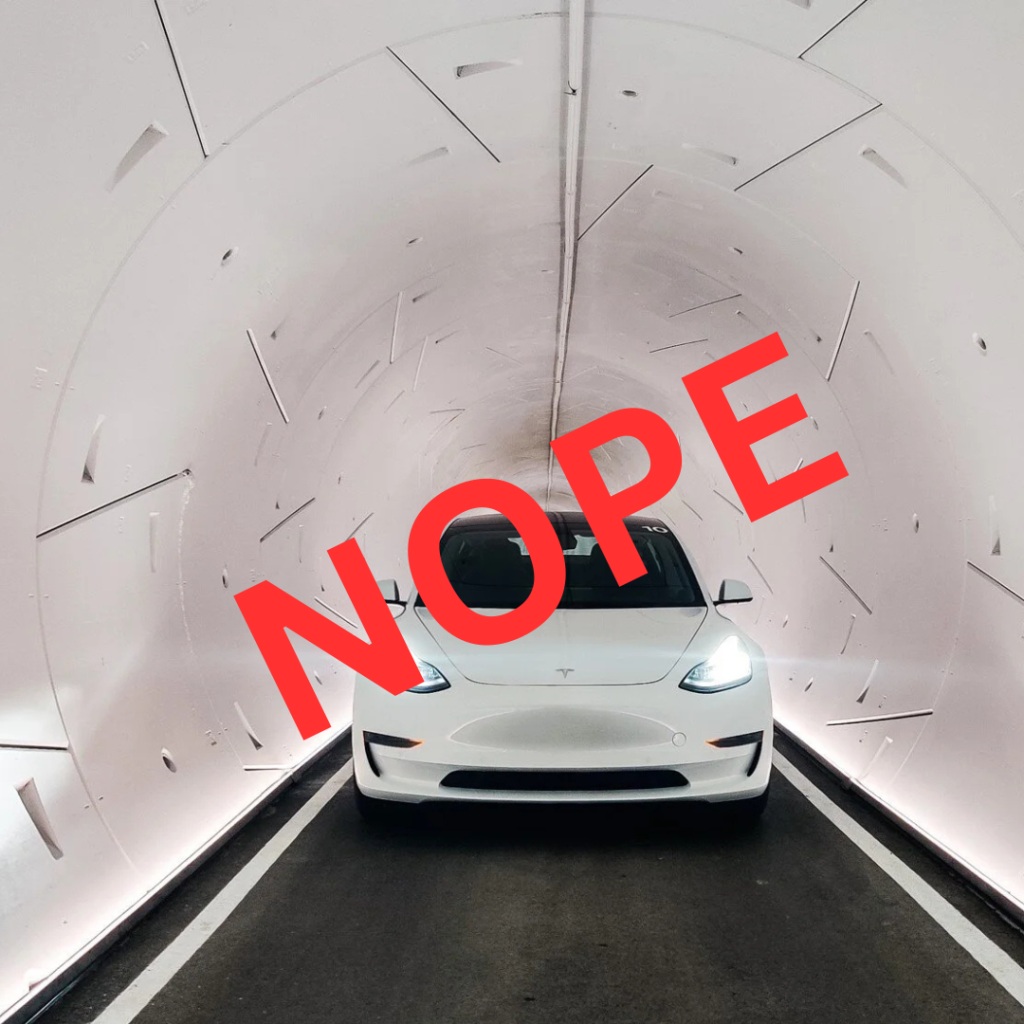For as long as I've covered car-sharing in Los Angeles, it's been something of a disaster. Our first story, published on Street Heat in 2007, was about how ZipCar's buyout of Flex Car would lead to a dramatic reduction of car-share. Nearly six years later, Los Angeles, a city with over 4 million people, has a pathetic 40 cars in its ZipCar fleet, with less than a dozen in its nearest competitor, LAX Car Share.
But that might finally change.
Wednesday afternoon, the City Council Transportation Committee will hear a report from the LADOT that will pave the way for an expansion of the city's publicly available car share fleet. LADOT recommends an exclusive five year contract with Hertz, a company best known for its traditional rent-a-car business. In 2008, Hertz launched its carsharing service, now known as Hertz On Demand. Currently Hertz on Demand is located in six countries and has car share programs in a number of major cities including Boston, New York, Washington, DC, Miami, Chicago, Denver, San Francisco, and San Diego.
Car sharing is a model of car rental where people rent cars for short periods of time, often by the hour. They are attractive to customers who make only occasional use of a vehicle, as well as others who would like occasional access to a vehicle of a different type than they use day-to-day.
The largest competitor to Hertz on Demand, was ZipCar the city's current official car share company. While staff admitted there is some risk changing companies, they also noted the low amount of cars already on the street. There is no word if ZipCar will continue its tiny car share service clustered around USC and UCLA if the city awards its contract to Hertz. While details of the proposed contract an be found after the jump, thousands of Angelenos are most interested in is how does Hertz' proposal compare to ZipCars in terms of cost, availability and fees. The below graph from the staff report allows a quick comparison of the two proposals. Even a cursory examination shows that Hertz On Demand will be less expensive and will quickly have more cars on the street than ZipCars proposal.
The "Request for Proposal" that LADOT issued for a car share company last year asked for "single source" proposals, meaning that the Department wants just one place for L.A. residents to register to access the now publicly available cars. Once the contract is signed, after the Council approves it, Hertz estimates it will have 200 cars in its Los Angeles fleet in the next six months, with over 1,000 in the city by 2018. The initial fleet will be made up of new vehicles, and Hertz will replace the vehicles every 45,000 miles. The composition of the fleet (hybrid, gas, electric) will be determined in final contract negotiations.
As part of the arrangement, Hertz will compensate the city through revenue sharing, compensation for city staff and paying the city for exclusive parking spaces for their vehicles. Hertz actually proposes paying more for exclusive rights to a metered space than the city would earn if the space were being used the entire day. All in all, the city estimates revenue of between $3 million and $30 million from its agreement with Hertz.
The initial rollout will be in Los Angeles' most heavily populated and transit dependent areas of the city and some of the smaller surrounding municipalities. The first areas covered by Hertz will include Westwood, South L.A. near USC, Downtown, Hollywood/VVest Hollywood, Koreatown, Mid-Wilshire and Marina del Rey/Venice.








